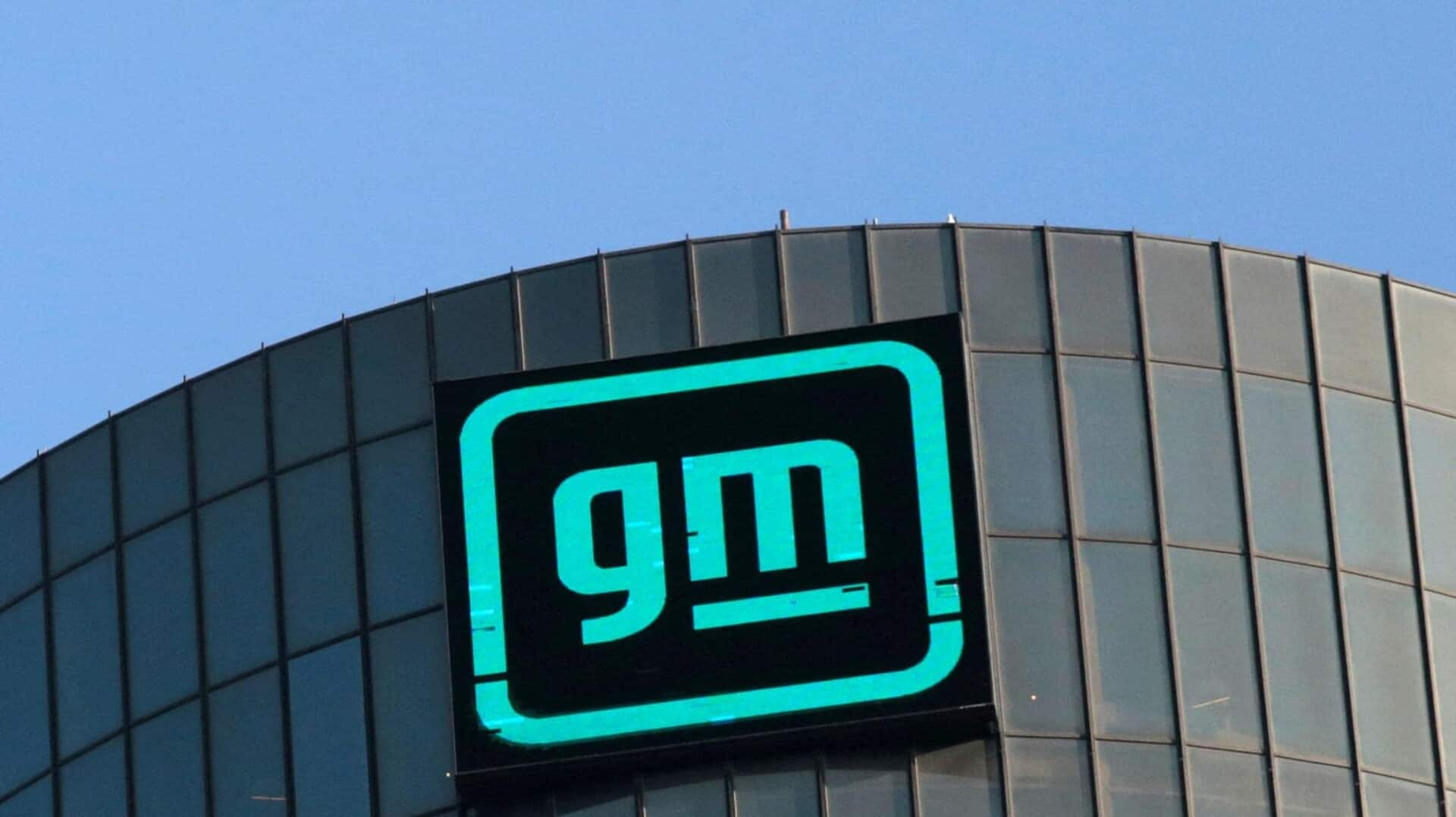
General Motors fires 1,000 employees amid cost-cutting and reorganization
What's the story
General Motors (GM), one of the world's largest automakers, has laid off around 1,000 employees as part of its cost-cutting and restructuring strategy. The layoffs were announced yesterday to the affected employees. The decision comes in light of changing market conditions, and is part of a larger effort by GM to cut fixed costs by $2 billion this year.
Strategic move
Layoffs part of strategy to realign priorities
The layoffs weren't restricted to a particular department but cut across different sectors of the company. While some employees were let go for underperformance, others were part of a strategic review to realign priorities. Many of those affected were salaried employees in Warren, Michigan, at GM's global technical center. The United Auto Workers (UAW) union confirmed around 50 of its members were also part of these layoffs.
Company statement
Response to layoffs and future plans
While a GM spokesperson confirmed the layoffs, they did not reveal the exact number. "In order to win in this competitive market, we need to optimize for speed and excellence," said Kevin Kelly, a GM representative. He highlighted the company's commitment to efficiency, team structure optimization, and focus on top business priorities as part of their ongoing efforts.
Union reaction
UAW condemns GM's decision amid record profits
The UAW has slammed GM's decision to lay off workers. UAW Vice President Mike Booth, who oversees the union's GM unit, condemned the layoffs. "GM is trying to cut around 50 UAW jobs when they're making record profits. We will fight for our laid-off members with the full force of our contract," he said in an email.
Workforce impact
GM's workforce reduction follows previous layoffs
Friday's layoffs come on the heels of a similar move in August when over 1,000 salaried employees from GM's software and services division were let go. Last year, GM employed some 76,000 salaried workers worldwide, including some 53,000 in the US. These cuts come as GM and other automakers risk losing federal subsidies for their electric vehicles (EVs), a proposal backed by newly elected President Donald Trump and his donor-advisor Elon Musk.